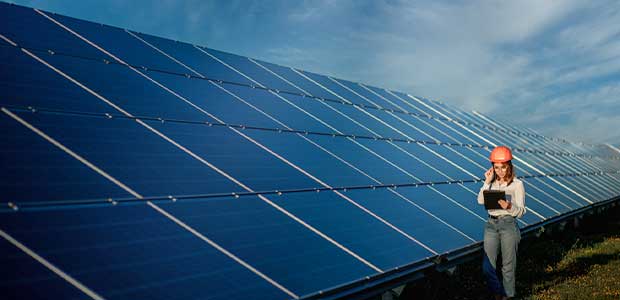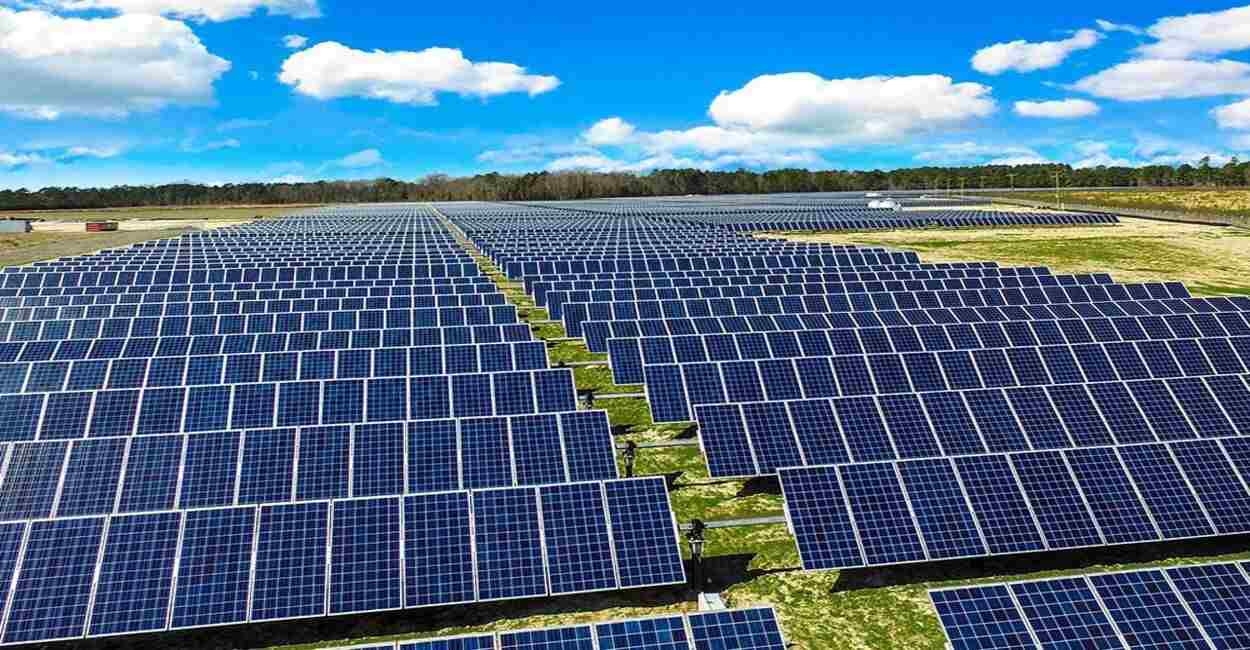Exactly How Solar Energy Can Help You Save Money and Reduce Your Carbon Footprint
The integration of solar power into your energy portfolio offers a compelling opportunity for both financial savings and ecological stewardship. By harnessing the sun's power, property owners can considerably decrease their monthly utility expenses while additionally guarding against the unpredictability of future energy costs. The transition to solar adds to a significant decline in carbon discharges, aligning individual financing with broader ecological objectives. As numerous government incentives appear, the concern occurs: exactly how can one efficiently navigate the first financial investments and ongoing advantages of solar modern technology to take full advantage of both economic and environmental gains?
Understanding Solar Energy Savings
While the shift to solar power commonly involves a first investment, comprehending solar energy cost savings is crucial for home owners and companies alike. Solar power systems can significantly lower electricity bills by taking advantage of the sunlight's power, translating into considerable lasting financial benefits. By producing their very own electricity, individuals decrease dependence on grid power, which is subject to changing prices. These cost savings can collect over time, typically bring about a fast roi.
Furthermore, solar power systems may certify for numerous economic rewards, consisting of tax credit reports and discounts, better boosting their cost-effectiveness. The schedule of internet metering permits customers to market excess power back to the grid, creating an added profits stream. These variables contribute to the overall financial savings related to solar power.

In addition to guide financial financial savings, solar power provides the added benefit of boosting residential property value. Residences equipped with photovoltaic panels are often a lot more attractive to customers, as they guarantee lower energy prices - Simply Solar Illinois. Understanding these aspects is necessary for any person taking into consideration solar power, as it highlights not simply the possible monetary gains, however likewise the broader environmental and financial benefits of embracing renewable resource solutions
First Expenses vs. Long-Term Advantages
When assessing solar power, it is necessary to consider the preliminary costs versus the long-lasting benefits. The ahead of time financial investment for solar panels, installation, and relevant devices can be considerable, frequently varying from $15,000 to $30,000, relying on the system dimension and home energy demands. This preliminary expenditure might prevent some property owners; however, it is crucial to take into consideration the prospective savings with time.
When installed, solar energy systems can substantially decrease and even remove regular monthly electricity expenses, leading to significant long-term monetary advantages. Studies show that house owners can save anywhere from $10,000 to $30,000 over the life-span of their planetary system, generally 25 years. Furthermore, lots of states offer rewards, tax credit histories, and refunds that can offset preliminary prices, making solar a lot more accessible.

Minimizing Your Carbon Footprint
Lowering your carbon footprint is an essential consideration in today's eco mindful culture, and embracing solar energy is one of one of the most effective techniques to attain this goal. Solar power is a tidy, renewable energy that considerably lessens reliance on fossil fuels, which are significant factors to greenhouse gas emissions.

Moreover, the widespread fostering of solar technology motivates the development of eco-friendly jobs and sustains innovations in power storage and effectiveness. The even more individuals and companies buy solar energy, the better the collective decrease in carbon get more emissions, promoting a cleaner ambience for future generations.
Government Rewards and Rebates
Embracing solar energy not just benefits the atmosphere however can also result in substantial financial savings, specifically with the availability of government rewards and discounts. Various federal, state, and regional programs are made to encourage property owners and organizations to invest in solar energy systems, making the shift extra cost effective.
Among one of the most popular rewards is the Federal Financial Investment Tax Obligation Credit History (ITC), which permits planetary system proprietors to deduct a substantial portion of the setup expenses from their federal tax obligations. This reward has actually been crucial in reducing the upfront expenses related to solar energy systems. Additionally, numerous states provide their own have a peek at this site tax credits, grants, and rebates that can further boost financial savings.
Furthermore, some local federal governments provide real estate tax exemptions for solar installations, ensuring that homeowners do not face increased residential or commercial property taxes as a result of their sustainable energy investments. Energy business may also use motivations, including web metering and feed-in tariffs, which permit solar power individuals to sell excess power back to the grid.
Selecting the Right Solar System
Picking the appropriate planetary system is crucial for optimizing power performance and monetary benefits. The decision rests on several variables, including power requirements, budget, and readily available area. House owners should start by evaluating their electricity intake to identify the system dimension required for optimum performance.
Following, think about the various sorts of solar modern technologies offered. Simply Solar Illinois. Photovoltaic Or Pv (PV) panels are the most usual, converting sunshine straight into power, while solar thermal systems focus on home heating water. Each type has distinctive advantages depending upon specific requirements
Spending plan considerations are likewise extremely important. Preliminary installment costs can vary substantially, so it's important to contrast quotes from numerous suppliers and explore financing choices. Federal government incentives and refunds can additionally reduce the financial problem, making planetary systems more obtainable.
Conclusion
The ecological benefits of solar energy contribute to lasting methods vital for combating climate change. Federal government incentives improve the feasibility of solar modern technology fostering, motivating a shift in the direction of a cleaner, much more economically reliable energy source.